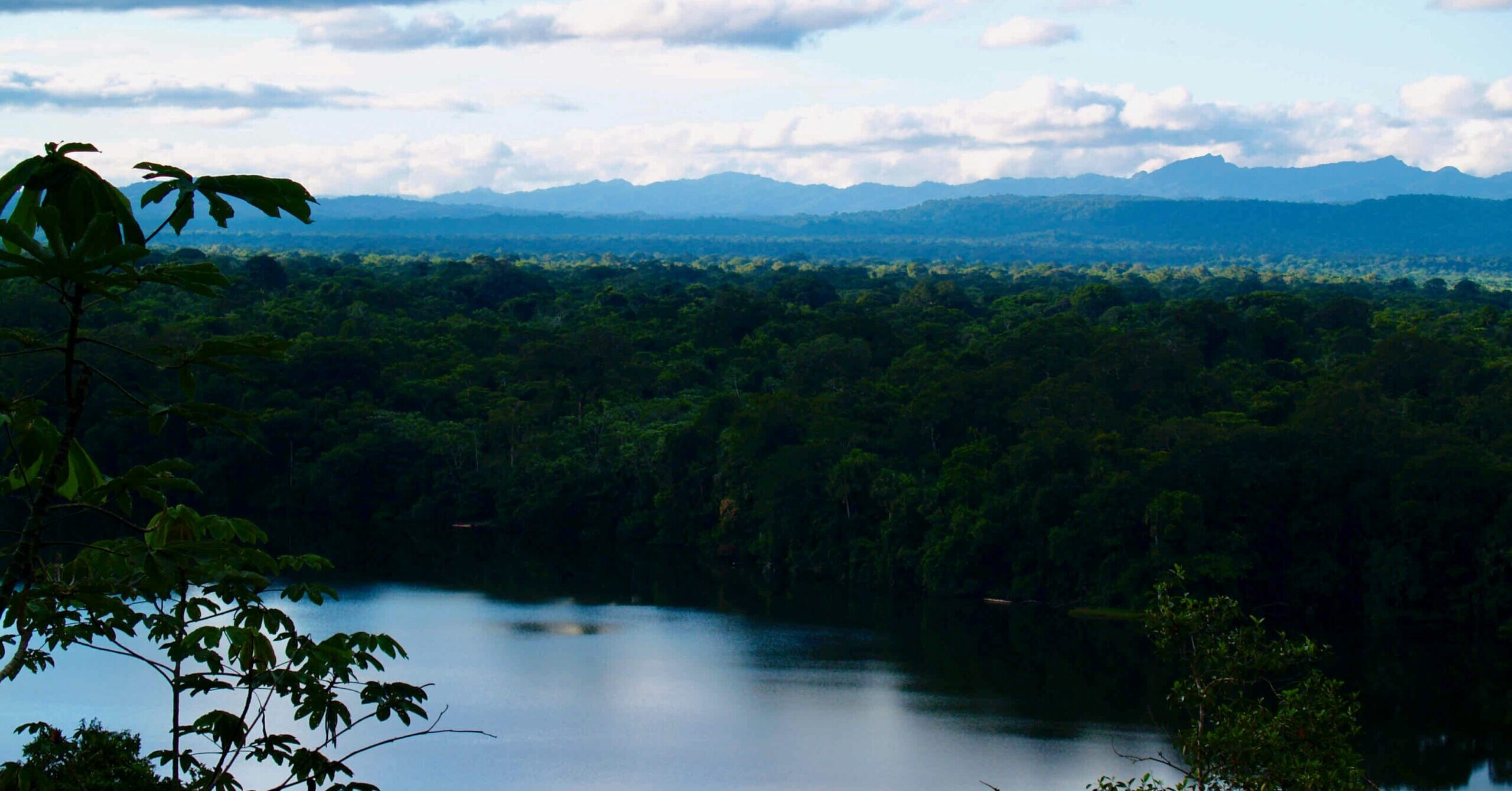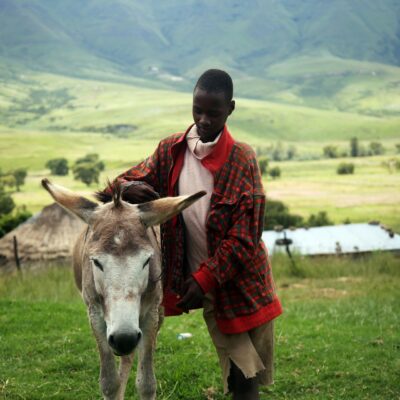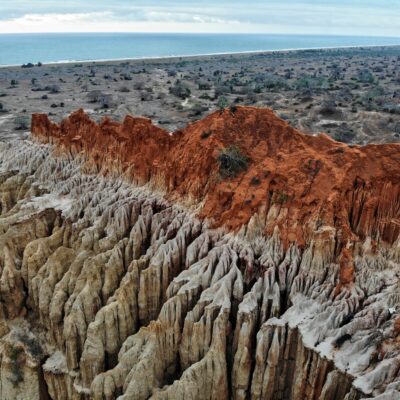 Chalalán Lake in the amazon rainforest, Bolivia. Photo: Peter Burdon / Unsplash
Chalalán Lake in the amazon rainforest, Bolivia. Photo: Peter Burdon / Unsplash
This is a summary of the Policy Brief on Land Markets and Illegalities, published by the Science Panel for the Amazon . The policy brief is authored by Francisco de Assis Costa, Carlos Larrea, Roberto Araújo, José Heder Benatti, Vanesa Giraldo, Susanna Hecht, Maria Rosa Murmis, Stefan Peters, Marianne Schmink, Emiliano Terán, and Jeronimo Treccani.
The Policy Brief entitled “Land Market and Illegalities: The Deep Roots of Deforestation in the Amazon” written byFrancisco de Assis Costa, Carlos Larrea, Roberto Araújo, José Heder Benatti, Vanesa Giraldo, Susanna Hecht, Maria Rosa Murmis, Stefan Peters, Marianne Schmink, Emiliano Terán, and Jeronimo Treccani, highlights the extent of illegal land appropriation in the Amazon region, notably in Brazil, Colombia, Bolivia and Perú, linked to drug trafficking, illegal gold mining, and cocoa cultivation.
“The land market in Amazonian countries like Brazil and Colombia is part of an entire ecosystem of illegalities surrounding the appropriation and transformation of public (forested) land into private (deforested) land. In the Brazilian Amazon, in 2017 at least 31 million hectares (an area the size of Italy) of forest were under the control of the largest private establishments, likely used towards tendential increases of profitability through the production and speculation of lands.”
The authors elaborate this illegal land appropriation in the context of the deterioration of democracy and the rule of law, the privatisation of forest land and unjust arrangements of land ownership: “Deep roots of deforestation lie in the way in which the concentrated patterns of land ownership in the Amazon countries have been imprisoning the Amazon forests destiny to the criteria of the land market influenced by institutional contexts of land chaos” and conflict.
They also highlight the violence associated with activities that cause deforestation, such as drug trafficking and illegal gold mining. “The Amazon region accounts for a large fraction of the nearly 2,000 environmental and land defenders killed worldwide between 2012 and 2022, with Colombia and Brazil being the most violent areas”.
This advancement of illegal land appropriation in the Amazon region has negative impacts on biodiversity protection, climate change mitigation, the livelihoods of millions of people living in the region, and for efforts aiming for sustainable development. The authors make a series of recommendations in light of the situation, including:
- “To tackle the foundation of the land market spurred on through land chaos, governments and civil society should be endowed with informational resources (both processing infrastructure and organized information) to reconstitute property chains swiftly and cheaply and expose their inconsistencies.” This will “enable the state to control public lands and return private lands acquired illegally to public control”.
- To strengthen “the economies of local communities, farmers, and Indigenous peoples.”
- To strengthen “the social cohesion of peasant, grassroot organizations, and Indigenous Peoples to defend the human rights of social leaders”.










